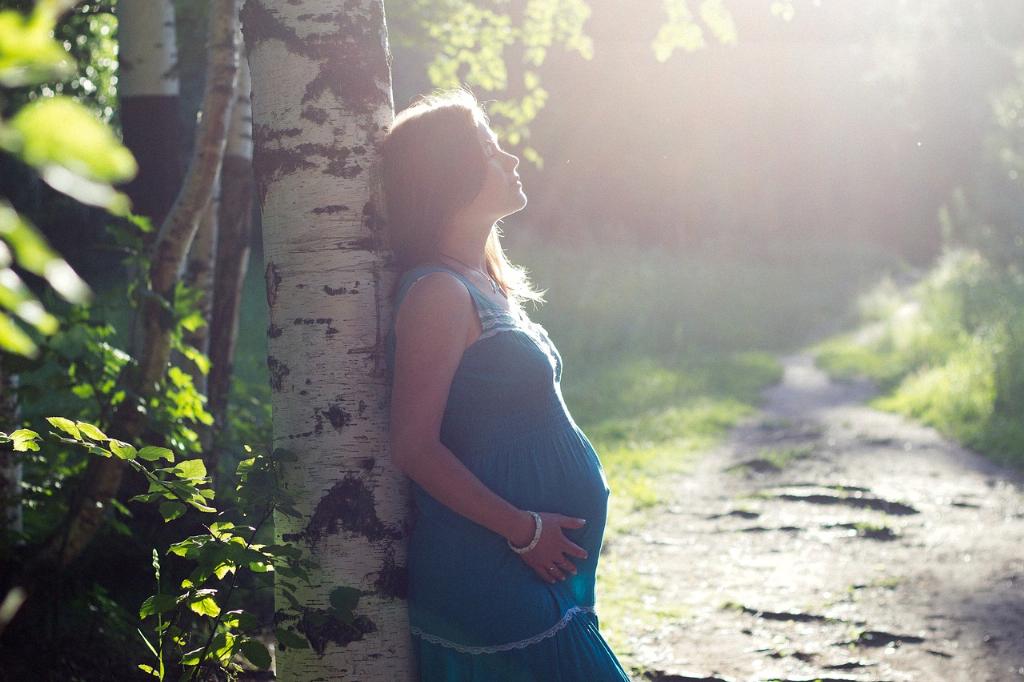When it comes to the question of whether a baby can survive a tubal pregnancy, it’s crucial to understand the nature of tubal pregnancies and the concept of viability. A tubal pregnancy, also known as an ectopic pregnancy, occurs when a fertilized egg implants outside the uterus, often in the fallopian tube. Due to the limited space and lack of conducive environment for growth, a baby cannot survive in a tubal pregnancy.
The Viability of the Fertilized Egg
It is essential to note that the fertilized egg in a tubal pregnancy is not viable. Viability refers to the ability of the fertilized egg to survive and develop into a fetus that can thrive both in and outside the mother’s body. In the case of a tubal pregnancy, the conditions are not suitable for the embryo to properly implant and grow, resulting in an inevitable pregnancy loss.
Risks and Complications of Tubal Pregnancy
Aside from the impossibility of a baby surviving a tubal pregnancy, there are significant risks and complications associated with this condition. If left untreated, a tubal pregnancy can lead to rupturing of the fallopian tube, causing severe internal bleeding and potentially life-threatening complications for the mother.
Early Detection and Treatment
Early detection and prompt treatment of a tubal pregnancy are essential to prevent serious complications and preserve the health and fertility of the mother. Common treatment options for tubal pregnancies include medication to stop the growth of the embryo or surgical removal of the fertilized egg.
Emotional Impact of Tubal Pregnancy
Experiencing a tubal pregnancy can be emotionally challenging for individuals and couples hoping to conceive. The loss of a pregnancy, even if it was not viable, can be devastating and may require emotional support and counseling to navigate the grieving process.
Fertility Concerns After a Tubal Pregnancy
After experiencing a tubal pregnancy, individuals may have concerns about their fertility and future chances of conceiving a healthy pregnancy. It is crucial to consult with healthcare providers to assess any potential impact on fertility and explore options for future conception.
Preventive Measures and Risk Factors
Understanding the risk factors associated with tubal pregnancies, such as previous pelvic infections or reproductive system abnormalities, can help individuals make informed decisions about their reproductive health. Taking preventive measures and seeking regular medical check-ups can reduce the likelihood of experiencing a tubal pregnancy.
Support and Resources
For individuals coping with the emotional aftermath of a tubal pregnancy, seeking support from loved ones, support groups, or mental health professionals can provide much-needed comfort and guidance during a challenging time. It’s essential to prioritize self-care and seek help when needed.
Educational Awareness and Advocacy
Increasing awareness about tubal pregnancies and advocating for comprehensive reproductive healthcare can help prevent misunderstandings and provide individuals with accurate information about fertility, pregnancy, and reproductive health. Education is key to empowering individuals to make informed choices about their reproductive well-being.
Conclusion
In conclusion, the answer to the question “Can a baby survive a tubal pregnancy?” is a resounding no. Due to the nature of tubal pregnancies and the lack of viability of the fertilized egg in this condition, it is impossible for a baby to survive and develop in a tubal pregnancy. Understanding the risks, complications, and emotional impact of tubal pregnancies is essential for individuals and healthcare providers to provide appropriate support and care for those affected by this condition.

